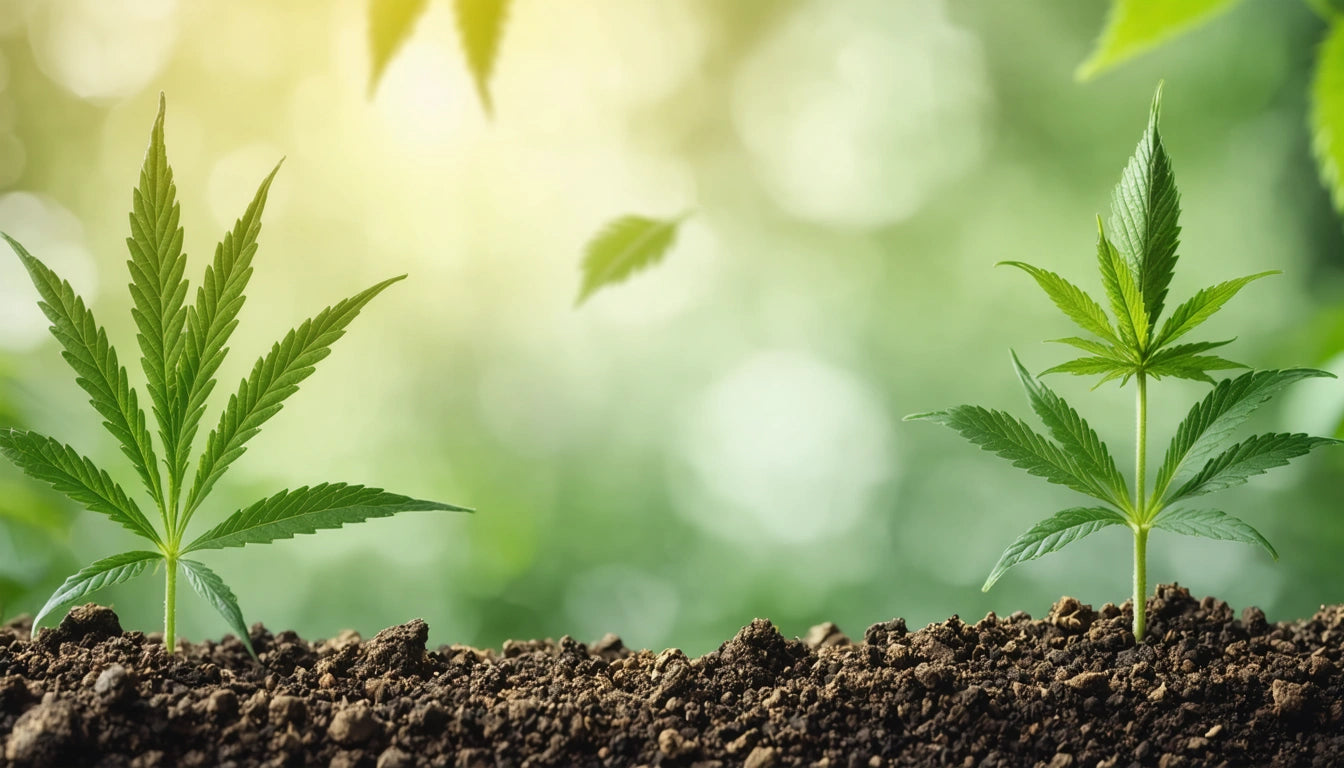Table of Contents
Presidential Powers and History: Cannabis Legalization and Use in the White House
The relationship between U.S. presidents and cannabis has evolved dramatically throughout American history. From hemp farming founding fathers to modern debates over federal legalization, presidential attitudes and policies have shaped the legal landscape of marijuana in America. This article explores presidential powers regarding cannabis policy, historical accounts of presidential cannabis use, and the complex path toward potential federal legalization.
Presidential Powers and Cannabis Legalization
A common question in cannabis policy discussions is whether the president can unilaterally legalize marijuana. The short answer is no, the president cannot single-handedly legalize cannabis nationwide. Complete federal legalization requires congressional action to amend the Controlled Substances Act (CSA), which currently classifies marijuana as a Schedule I substance.
However, presidents do have significant influence over cannabis policy through several mechanisms:
- Executive orders and memoranda directing enforcement priorities
- Appointments to key positions in the DEA, FDA, and Department of Justice
- Recommending legislation to Congress
- Using the bully pulpit to shape public opinion
- Directing the Attorney General to initiate rescheduling proceedings
While these powers fall short of full legalization authority, they can substantially impact how federal marijuana laws are enforced. As outlined in this analysis of federal legalization prospects, presidential influence remains a crucial factor in the reform process.
Presidents and Marijuana Use: Historical Accounts
Several U.S. presidents have reportedly used cannabis, though documentation varies in reliability. The most commonly cited presidents who smoked marijuana include:
Confirmed or Strongly Evidenced Use
- Barack Obama - Openly admitted to using marijuana in his youth in his memoir "Dreams from My Father"
- Bill Clinton - Famously claimed he "didn't inhale" during his 1992 presidential campaign
- George W. Bush - Never directly confirmed use but alluded to past drug use in recorded private conversations
Speculated Historical Use
- Thomas Jefferson - Grew hemp at Monticello, though no direct evidence he consumed cannabis for psychoactive effects
- James Madison - Reportedly claimed hemp inspired him while drafting the Constitution, though historians debate this account
- John F. Kennedy - Some accounts suggest he used marijuana to relieve back pain
Modern presidents face greater scrutiny regarding drug use. The question "can the president smoke weed" is technically answered by the same laws that apply to all federal employees. While no specific law prevents a sitting president from using cannabis, it remains federally illegal, and any admission of current use would create significant legal and political complications.
The History of Federal Cannabis Prohibition
Understanding which president made marijuana illegal requires examining a complex historical progression:
Herbert Hoover (1929-1933) - While not directly responsible for prohibition, his administration saw the creation of the Federal Bureau of Narcotics under Harry Anslinger, who would later lead anti-cannabis efforts.
Franklin D. Roosevelt (1933-1945) - Under Roosevelt's administration, the Marihuana Tax Act of 1937 effectively criminalized cannabis at the federal level through prohibitive taxation, though it stopped short of outright prohibition.
Richard Nixon (1969-1974) - Most historians identify Nixon as the president who truly made weed illegal in its modern sense by signing the Controlled Substances Act in 1970, placing cannabis in Schedule I alongside heroin. Nixon's war on drugs fundamentally shaped modern cannabis prohibition.
This historical progression demonstrates how cannabis prohibition wasn't the work of a single president but evolved through multiple administrations. Our comprehensive timeline of prohibition provides deeper insights into this evolution.
Modern Legalization Efforts and Executive Actions
No president has yet legalized marijuana at the federal level. However, several administrations have taken significant steps toward reform:
Barack Obama (2009-2017) - The Obama administration issued the Cole Memorandum, which deprioritized federal prosecution in states with legal cannabis programs, allowing the first recreational markets to develop.
Donald Trump (2017-2021) - Despite initially rescinding the Cole Memo, the Trump administration ultimately took a mostly hands-off approach to state cannabis programs and expressed support for states' rights on the issue. Trump's stance on federal legalization remained complex and sometimes contradictory.
Joe Biden (2021-present) - While stopping short of supporting full legalization, Biden issued a mass pardon for federal simple possession convictions and directed a review of cannabis scheduling. This review could potentially lead to rescheduling cannabis to a lower category, though not full legalization.
These administrative actions have created a patchwork approach where cannabis remains federally illegal while state-legal markets continue to expand. For businesses operating in this environment, adapting to evolving regulations requires specialized equipment like industrial cannabis grinders for efficient processing that meet compliance standards while maintaining product quality.
Future Presidential Impact on Cannabis Reform
Looking ahead, presidential influence will remain crucial in shaping cannabis policy. Future presidents could potentially:
- Direct the DEA to reschedule or deschedule cannabis
- Issue broader pardons for cannabis offenses
- Appoint agency heads who prioritize reform
- Champion comprehensive legislation in Congress
- Remove barriers to cannabis research
As outlined in this timeline of legalization milestones, progress has accelerated in recent years, suggesting potential for significant federal reform. The growing public support for legalization, now consistently above 65% in national polls, creates political incentives for presidential candidates to adopt reform-friendly positions.
While no president can unilaterally legalize cannabis, executive leadership remains essential to navigating the complex path toward ending federal prohibition. The coming years will likely see continued presidential influence on this evolving issue as the gap between federal policy and state legalization continues to create tension in America's legal framework.











Leave a comment
All comments are moderated before being published.
This site is protected by hCaptcha and the hCaptcha Privacy Policy and Terms of Service apply.